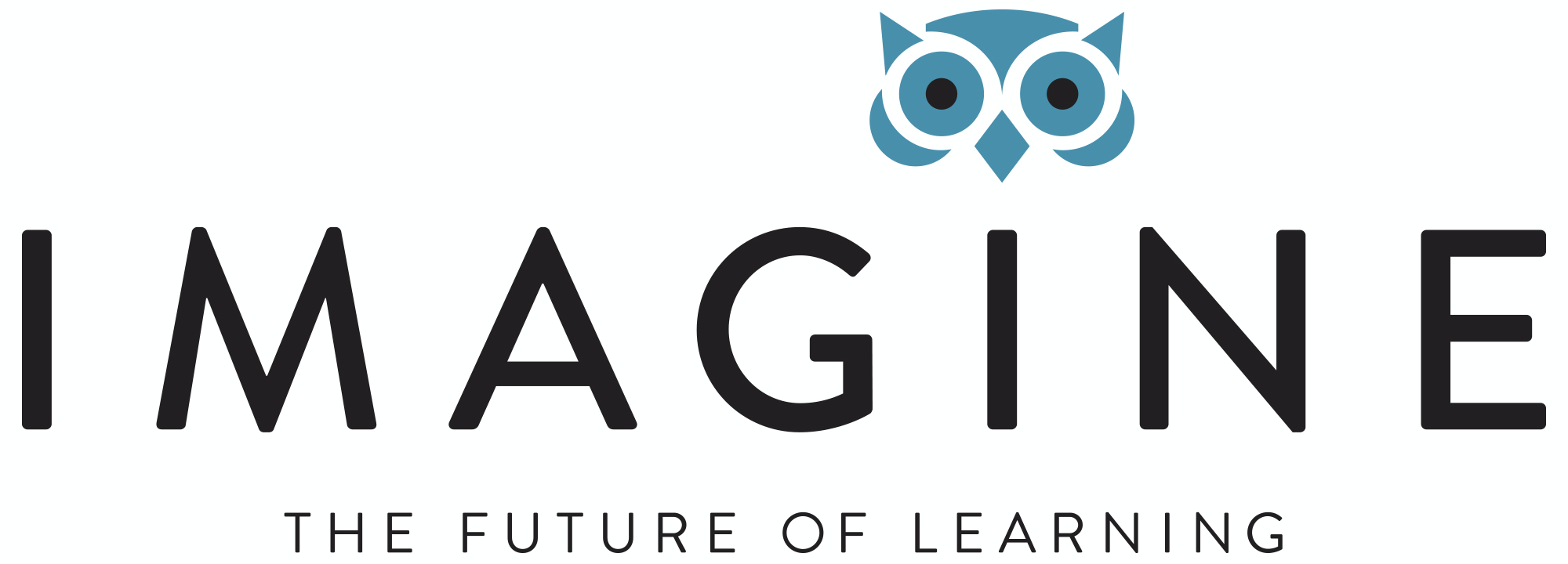Can Technology Improve Education in Refugee Camps and Host Communities?
Educational technology (EdTech) interventions have shown to be effective in low- and middle-income country contexts. [1] Rigorous research conducted in Africa since 2015 also established that high-quality, tablet-based instruction has produced meaningful impacts on literacy and numeracy.[2] Nonetheless, while rigorous evidence is growing of the impact of EdTech on children’s learning, a gap exists in impact studies of EdTech in emergency settings.[3]
The current study in Kigoma, Tanzania built on prior research conducted by the Imagine Worldwide research team in the Dzaleka Refugee Camp and in government primary schools in Malawi. Two 5-month randomized evaluations of tablet-based mathematics and literacy programs in English at an informal school in the Dzaleka Refugee Camp produced significant effects in key early math skills and overall literacy. Further, a randomized evaluation conducted in government primary schools in Malawi in 2019-21 (13 disrupted months during the COVID-19 pandemic) produced strong effects in overall literacy and overall numeracy.[4] This current study sought to learn whether software in Kiswahili developed by onebillion and Enuma would produce similarly positive effects on learning outcomes in analogous settings in Tanzania. In addition, as tablets were solar-powered and did not require internet, the study may be relevant to other under-resourced refugee settings and host communities.
Researchers from Imagine Worldwide partnered with the International Rescue Committee (IRC) to evaluate whether tablet-based learning software could improve literacy and math skills for primary school children in both a refugee camp and two host communities. The first tablet-based learning software — onecourse — was used in after-school centers with Congolese refugee children in the Nyarugusu Refugee Camp and with Tanzanian children in a nearby host community. The second tablet-based learning software—Kitkit School—was used in an after-school center with Tanzanian children in a second host community.
To evaluate the impact of these two softwares, researchers conducted three independent randomized evaluations, each involving 300 children in grades 1-3 enrolled at the three participating schools. Within each school, students were randomly divided within grade (1, 2, 3) and gender to receive either supplemental tablet-based instruction and traditional instruction or traditional instruction only.
Results will be available later in 2023.
Sources
1. Conn, K. M. (2017). Identifying effective education interventions in sub-Saharan Africa: A meta-analysis of impact evaluations. Review of Educational Research, 87(5), 863–898.
2. King, S., Pressley, J., Pouezevara, S., Gove, A. (2019). Global Learning XPRIZE - Impact [Powerpoint slides]. Retrieved from:https://shared.rti.org/content/global-learning-xprize-data-summary
Levesque, K., Bardack, S., Bahlibi, A., Chigeda. A. (2022). Impacts of a 2-year education technology program on early primary learning in Malawi amid disruptions due to COVID-19. Research brief prepared for Imagine Worldwide. Retrieved from: https://www.imagineworldwide.org/wp-content/uploads/2-Year-Malawi-RCT-Research-Brief-1-Final.pdf
Levesque, K., Bardack, S., Chigeda. A. (2020). Tablet-based learning for foundational literacy and math: An 8-month RCT in Malawi. Research report prepared for Imagine Worldwide. Retrieved from: https://www.imagineworldwide.org/wp-content/uploads/An-8-month-RTC-in-Malawi_Final-Report_Jan-2020.pdf
Levesque, K., Bardack, S., Chigeda, A., & Winiko, S. (Forthcoming). Tablet-based
mathematics learning in a second language: Evidence from an RCT in the Dzaleka refugee camp. Research report to be prepared for Imagine Worldwide.
Pitchford, N. J. (2015). Development of early mathematical skills with a tablet intervention: A
randomized control trial in Malawi. Frontiers in Psychology, 6, 485.
3. Tauson, M. & Stannard, L. (2018). EdTech for learning in emergencies and displaced settings: A
rigorous review and narrative synthesis. London: Save The Children
https://resourcecentre.savethechildren.net/node/13238/pdf/edtech-learning.pdf
4. Levesque, K., Bardack, S., Bahlibi, A., Chigeda. A. (2022). Impacts of a 2-year education technology program on early primary learning in Malawi amid disruptions due to COVID-19. Research brief prepared for Imagine Worldwide. Retrieved from: https://www.imagineworldwide.org/wp-content/uploads/2-Year-Malawi-RCT-Research-Brief-1-Final.pdf














